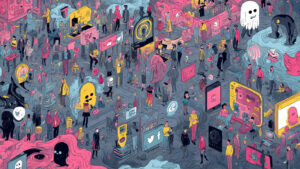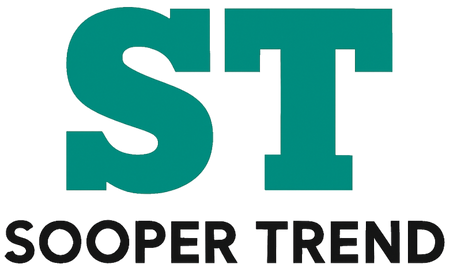Contents
Introduction
Facebook, TikTok, LinkedIn, Zhu, Twitter, Instagram, YouTube. All our lives have been changed by social networks. They have changed the way we communicate and build relationships.
The Rise of Social Media
The social media craze started with MySpace and Friendster pages in the early 2000s, when one could create accounts and connect. But Facebook, which was launched in 2004, changed the face of social networking. Social media went entirely mainstream in the 2010s, with billions of individuals using sites to do everything from building business connections on LinkedIn to posting ideas and headlines on Twitter, making short videos on TikTok, and posting photos on Instagram.
Almost half of the total human population, i.e., over 4.5 billion people, will make use of social media either directly or indirectly by the year 2025. For a great many individuals, it is the primary source of entertainment, news, and communication with friends, family members, and communities.
The Advantages of Social Media
Social media has made it easier to remain connected with individuals from across the globe. With group chats, status posts, and messaging family members, these platforms have made it possible for individuals to connect beyond geographic limitations and cultural boundaries.
Social media could be extremely helpful to businesspeople and companies. Brands can reach millions through focused advertising, natural shares, and influencer partnerships. Tools like Facebook and Instagram even offered shopping functionality, and it has become increasingly easy for companies to sell directly to the consumer. Social media has also served as a strong force behind activism. Activist actions like #BlackLivesMatter #MeToo and environmental activism movements have gained strength by the use of online media. They have been able to organise protests, bring attention and expose injustice to the whole world.
Social networking offers an outlet through which users can creatively express themselves with art, writing, photos and video. Through applications like TikTok, Instagram, and YouTube, people have been given the chance to show off their talent and even make a living from their interests.
The Drawbacks of Social Media

In spite of the numerous advantages, social media also has its dark corners. Researchers, psychologists, and users themselves over the years have expressed concerns regarding the ill effects of excessive or improper use of social media. Several studies have connected high usage of social media with mental issues such as depression, anxiety, and low self-esteem, particularly for teenagers and young adults. The continuous comparison with others, the fear of missing out FOMO and the pressure of projecting an ideal life can negatively affect users’ health. One of the biggest challenges of the digital era is the dissemination of misinformation.
Social media platforms tend to become hotbeds for conspiracy theories, false news, and unsubstantiated claims. Algorithms reward engagement, and that can make sensational or false information go viral more than the truth. Huge amounts of users’ data are harvested by social media firms to serve targeted ads and enhance user experience. But the harvesting of data has also created grave concerns regarding privacy, surveillance, and abuse of data. Big scandals, like the Facebook Cambridge Analytica affair, exposed how personal data is used for political and commercial ends.
Social media platforms are engineered to be addictive. Features like infinite scrolling, push notifications, and algorithmic news feeds keep users engaged for hours.
Social Media and Society
The scope of social media is not only within people but also impacts cultures, politics, economies, and institutions. Public opinion may be shaped by social media, propaganda spread, or civic participation encouraged during elections.
The Future of Social Media

Artificial intelligence will be applied to personalise content, flagging abusive behaviour, and enhancing user experience. But it also creates ethical concerns regarding bias, surveillance, and the power algorithms have over what individuals are shown. Meta (previously Facebook) and other technology firms are putting money into the ” metaverse,” a virtual world in which users engage through avatars in virtual settings. We may see more interactive social media with greater use of virtual reality (VR) and augmented reality (AR). Decentralised social media platforms that offer more data and content control can hold growing appeal. Blockchain technology might make for a less censored and more transparent way of working, but these are baby sites. Governments worldwide are enacting regulations to address problems like misinformation, data protection and mean content. Finding the right to free speech in balance between and responsibility will be one of the difficult things for people going forward. With greater concern over the mental health impact of social media, many more platforms are becoming.
Conclusion
Social media is an incredibly powerful tool. It has transformed how we communicate, learn, express ourselves, and conduct business.




